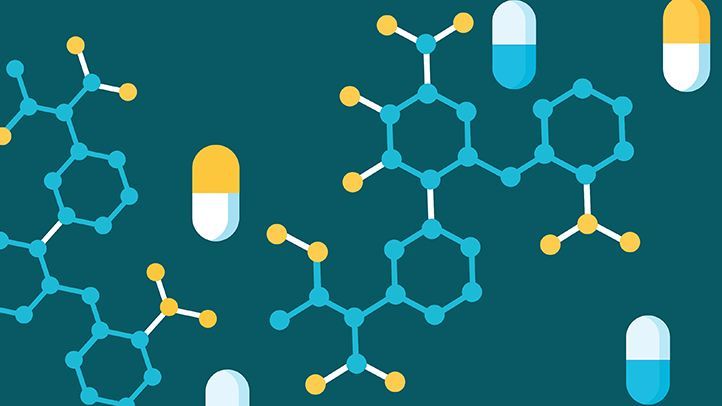31 July 2024 | Wednesday | News

Picture Courtesy | Public Domain
BioNTech SE announced the first positive data from the ongoing phase 2 clinical trial (EudraCT No.: 2020-002195-12; NCT04526899) in patients with inoperable stage III or IV melanoma whose disease progressed after anti-PD(L)1 treatment. The randomized study investigates the clinical activity and safety of the mRNA-based cancer immunotherapy candidate BNT111 in combination with Libtayo® (cemiplimab), a monoclonal anti-PD-1 antibody developed by Regeneron, and the two individual components as monotherapy.
The study has reached its primary endpoint for investigating the effectiveness. A statistically significant improvement in the overall response rate was shown in patients treated with BNT111 in combination with cemiplimab compared to historical controls in this indication and scheme. Both randomized monotherapy study arms showed clinical activity. The overall response rate in the cemiplimab monotherapy group corresponded to the results from the historical control for anti-PD-(L)1 or anti-CTLA-4 treatments in this patient group. The treatment was well tolerated and the safety profile of BNT111 in combination with cemiplimab in this study was consistent with previous clinical trials in which BNT111 was studied in combination with anti-PD (L)1 treatments. The phase 2 study will continue as planned in order to further evaluate the secondary endpoints that were not yet mature at the time of the primary analysis.
"These phase 2 results represent an important step towards our vision of personalized cancer medicine. We see mRNA as a central building block of future treatment paradigms for cancer, which could help address an unmet medical need, for example for patients with anti-PD-(L)1 refractory or resistant melanoma," said Prof. Dr. Özlem Türeci, co-founder and Chief Medical Officer of BioNTech. "The data is evidence for us in three ways of the mechanism of action of our approach: first, for our decades-long mRNA cancer vaccine technology, which uses uridine mRNA and aims for optimal translational results, and for our company-owned lipoplex formulation for the targeted transport of mRNA; second, for our computer-aided approaches to select suitable tumor antigens for our cancer indication-specific FixVac platform candidates; thirdly, for our strategy of combining synergistic approaches, in this case BNT111 established with an immune checkpoint treatment."
BioNTech and Regeneron plan to present data from this study at a medical conference. In addition, the companies intend to submit this data for publication in a scientific journal.
BNT111 is based on BioNTech's proprietary FixVac platform, which uses a fixed combination of four mRNA-encoded, tumor-associated antigens to trigger a congenital and tumor antigen-specific immune response against cancer cells that express one or more of the respective tumor antigens. In 2021, BNT111 in combination with cemiplimab received the fast-track status of the US Medicines Agency (U.S. Food and Drug Administration, "FDA") for the treatment of anti-PD-1 refractory/relapsed, inoperable melanoma in stage III or IV. In the same year, the FDA granted BNT111 orphan drug status for the treatment of stage IIB to IV melanoma.
© 2026 Biopharma Boardroom. All Rights Reserved.